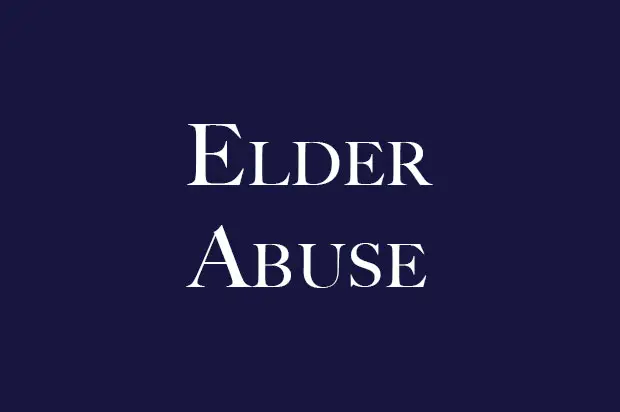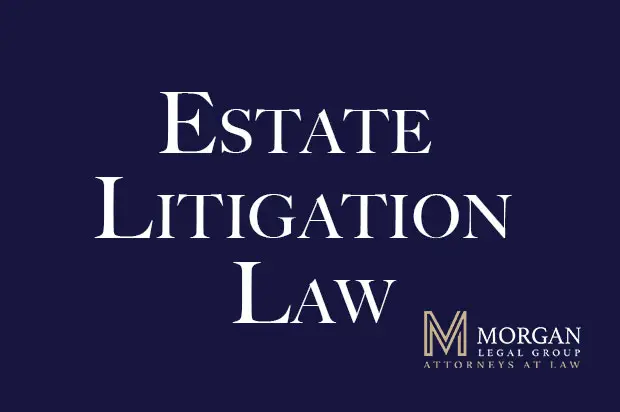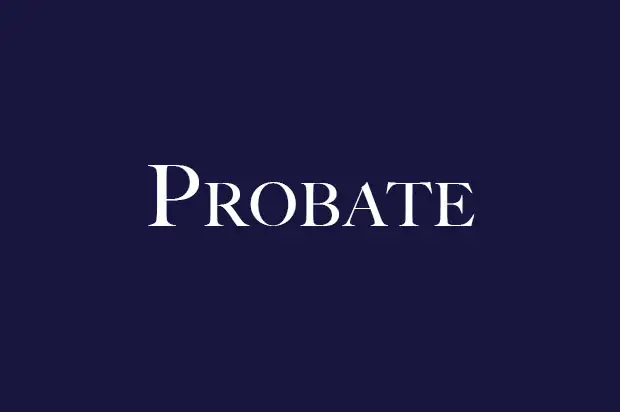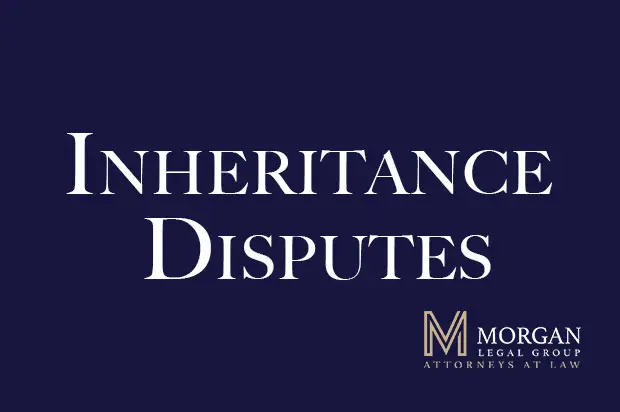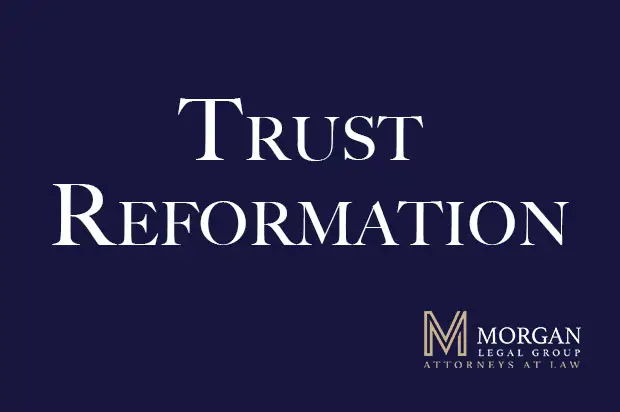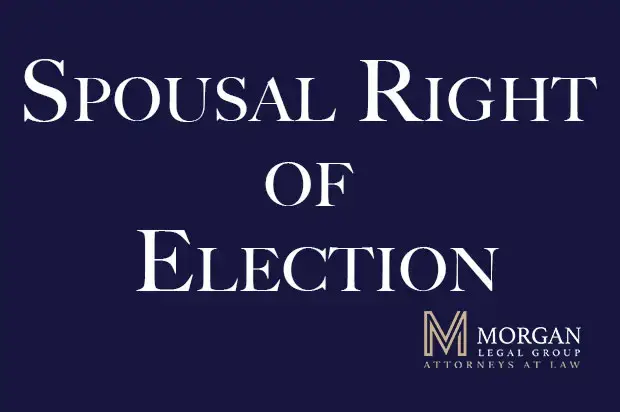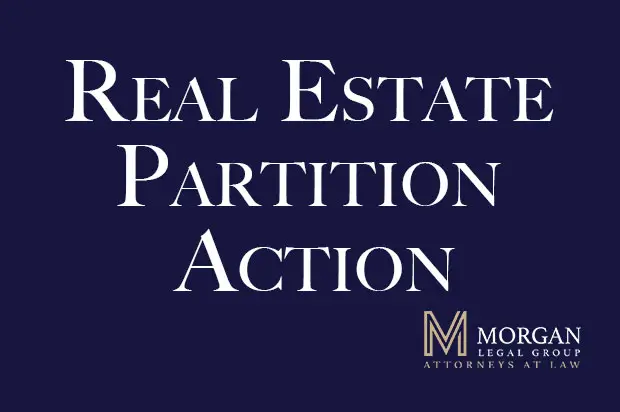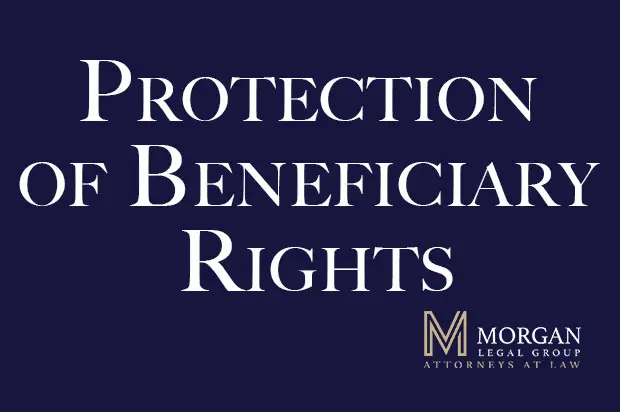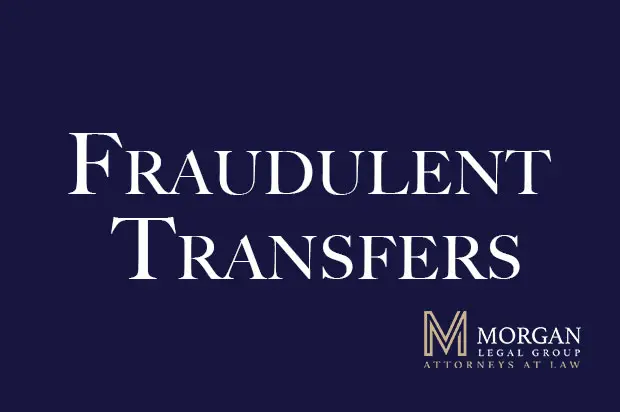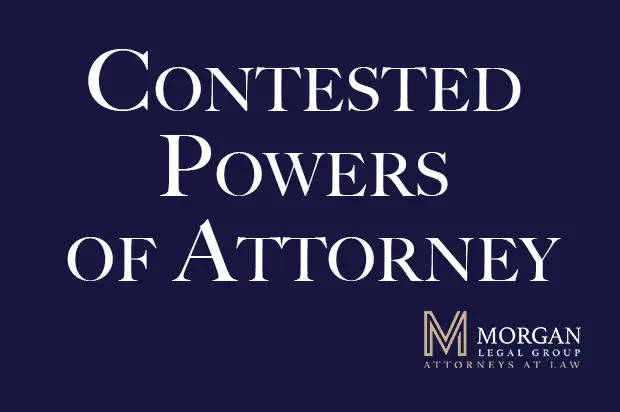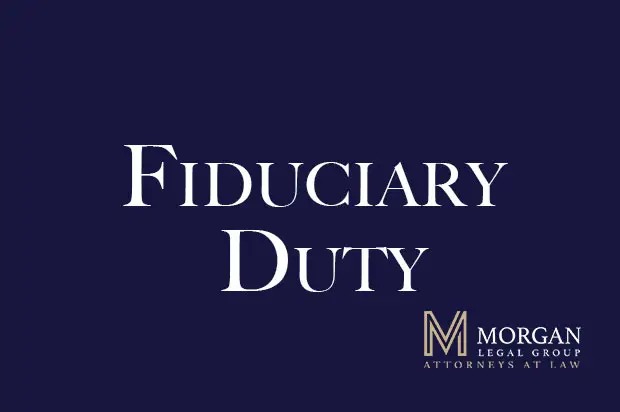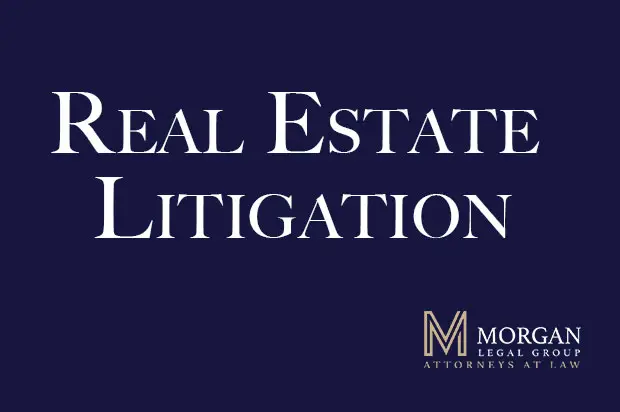Elder Abuse and Attorney Help in New York
Protecting the Rights and Dignity of Seniors
Introduction
Elder abuse is a pressing concern that affects a vulnerable segment of our population—our seniors. The abuse can take various forms, including physical, emotional, financial, and neglect. Recognizing the signs of elder abuse and taking appropriate legal action is crucial in ensuring the safety and well-being of our elderly loved ones.
Understanding Elder Abuse
Elder abuse encompasses a range of harmful actions that can be inflicted upon older adults. It is essential to be aware of the different forms of elder abuse:
1. Physical Abuse
Physical abuse involves the use of force that causes bodily harm or injury to an elderly person. Signs may include unexplained bruises, fractures, or restraint marks.
2. Emotional and Psychological Abuse
Emotional abuse includes behaviors such as humiliation, intimidation, or threats that harm an elderly person’s emotional well-being. Victims may exhibit signs of depression, anxiety, or withdrawal.
3. Financial Exploitation
Financial exploitation occurs when an elderly person’s assets or finances are misused or stolen. Signs include unexplained withdrawals, changes in financial documents, or sudden depletion of funds.
4. Neglect
Neglect involves the failure to provide necessary care or assistance, resulting in harm to the elderly person’s health or well-being. Signs may include malnutrition, bedsores, or poor hygiene.
5. Sexual Abuse
Sexual abuse refers to any non-consensual sexual contact with an elderly person. Signs can be physical or emotional, such as unexplained pain, fearfulness, or withdrawal.
Recognizing the Signs
Identifying elder abuse can be challenging, as victims may be reluctant to report it or may not have the ability to do so. Some common signs to watch for include:
- Unexplained injuries or bruises
- Withdrawal from social activities
- Changes in financial status
- Poor hygiene or living conditions
- Signs of depression or anxiety
- Sudden weight loss or malnutrition
Legal Help for Elder Abuse Victims
If you suspect that an elderly loved one is a victim of abuse, it’s essential to take action promptly. Seeking legal assistance from an experienced elder abuse attorney in New York is a crucial step in protecting their rights and well-being.
1. Reporting the Abuse
Your attorney can guide you through the process of reporting the abuse to the appropriate authorities, such as Adult Protective Services. They can also help gather evidence to support your case.
2. Obtaining Protective Orders
In cases of ongoing abuse, your attorney can help secure protective orders or restraining orders to keep the abuser away from the victim.
3. Pursuing Legal Action
If the abuse involves criminal actions, your attorney can work with law enforcement to ensure that the abuser is held accountable. They can also help you pursue civil actions for damages.
4. Guardianship and Conservatorship
If the elderly person is no longer capable of making decisions for themselves due to abuse or incapacity, your attorney can assist in establishing guardianship or conservatorship to protect their interests.
Preventing Elder Abuse
Prevention is key in addressing elder abuse. Here are some steps you can take to help prevent elder abuse:
- Stay involved in your elderly loved one’s life and regularly check on their well-being.
- Educate yourself and your family members about the signs of elder abuse.
- Ensure that legal documents such as wills, trusts, and powers of attorney are in place to protect their assets.
- Choose caregivers and caretakers carefully, and conduct background checks if necessary.
- Encourage open communication with your elderly loved one, so they feel comfortable reporting any mistreatment.
Conclusion
Elder abuse is a deeply concerning issue that requires our attention and action. If you suspect that an elderly loved one is a victim of abuse, it’s essential to consult with an experienced elder abuse attorney to protect their rights and seek justice.



